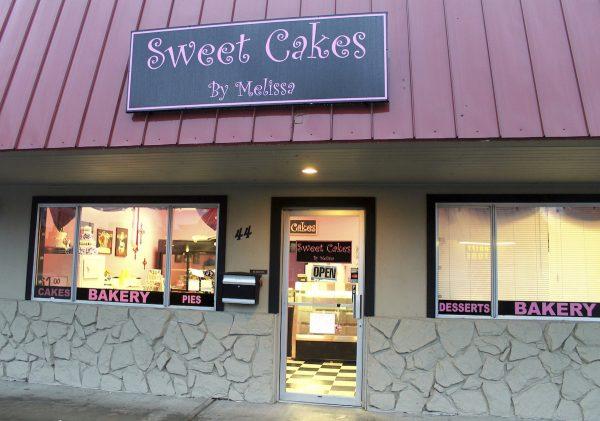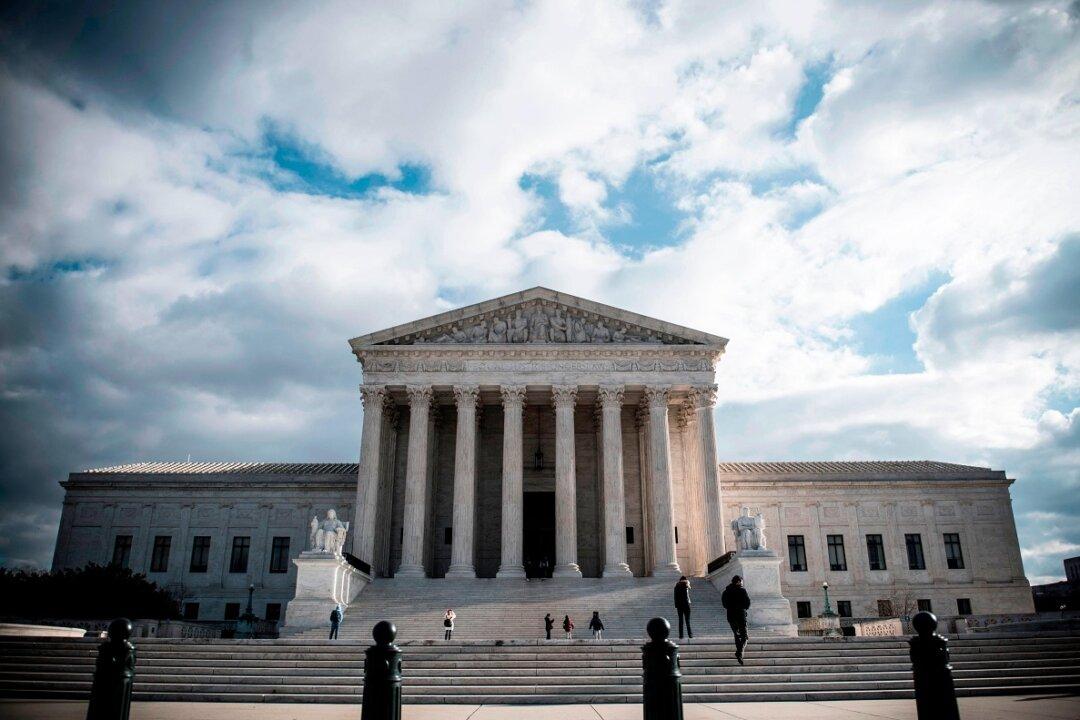WASHINGTON—The U.S. Supreme Court on June 17 sent back to a lower court a ruling against the owners of an Oregon bakery who refused to make a wedding cake for a lesbian couple due to Christian beliefs.

Photo of the exterior of Sweet Cakes by Melissa in Gresham, Oregon on Feb. 5, 2013. Everton Bailey Jr./The Oregonian via AP





